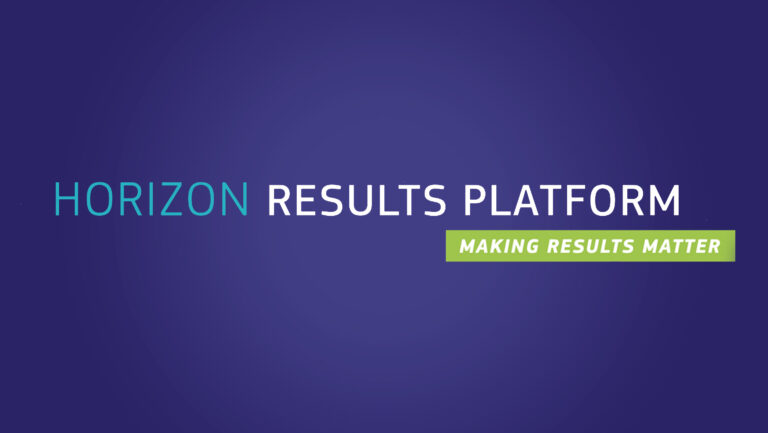Result description
Plastic pollution may have unseen and unsuspected effects directly on marine ecosystem dynamics. Much of the low-density plastic debris derived from human activity remain on the sea-surface. Thus, they are subject to photochemical degradation, to microbial colonization and degradation, and support biofilm formation. These linked processes at the ocean’s surface may influence ocean-atmosphere dynamics by altering the flux of gases and particles at the air-sea interface with climate implications, by 1) reducing photosynthetic activity of phytoplankton and related oxygen production and 2) increasing bacterial degradation of organic material stimulated by plastics as a substrate and source of carbon. These ideas have been tested in laboratory (Micro-POSEIDOMM) and field controlled conditions (Meso-POSEIDOMM, mesocosm experiment), and the results so far suggest that marine microplastics act as localized hot spots for microbial activity and their accumulation, especially in surface waters, may interfere with the production and consumption of organic material, with implications for the air-sea exchange of gases and the export of organics across the water column.
Addressing target audiences and expressing needs
- To raise awareness and possibly influence policy
- Grants and Subsidies
- Other blended financing
- Use of research Infrastructure
- Collaboration
- Fellowship to advance my/our research
We are currently looking for new opportunities and funding to further expand our research on plastic accumulation at the air-sea interface through field quantification and monitoring, as well as perform experimental studies on enrichment processes, plastic residence time and photodegradation/fragmentation rate at the surface which would results in important transport models to understand the fate of plastics in marine environments. Furthermore, we’d like to explore the effects of plastics in a variety of aquatic environments – from riverbed sediments and soils to seawater and freshwater.
- Public or private funding institutions
- EU and Member State Policy-makers
- International Organisations (ex. OECD, FAO, UN, etc.)
- Academia/ Universities
R&D, Technology and Innovation aspects
Result submitted to Horizon Results Platform by UNIVERSITA DEGLI STUDI DI SIENA

